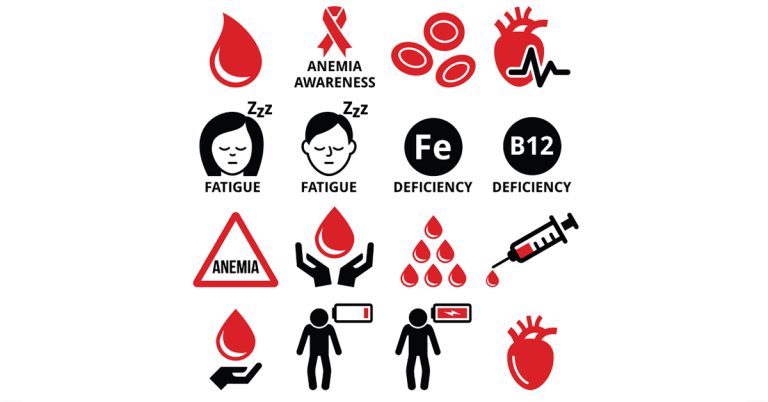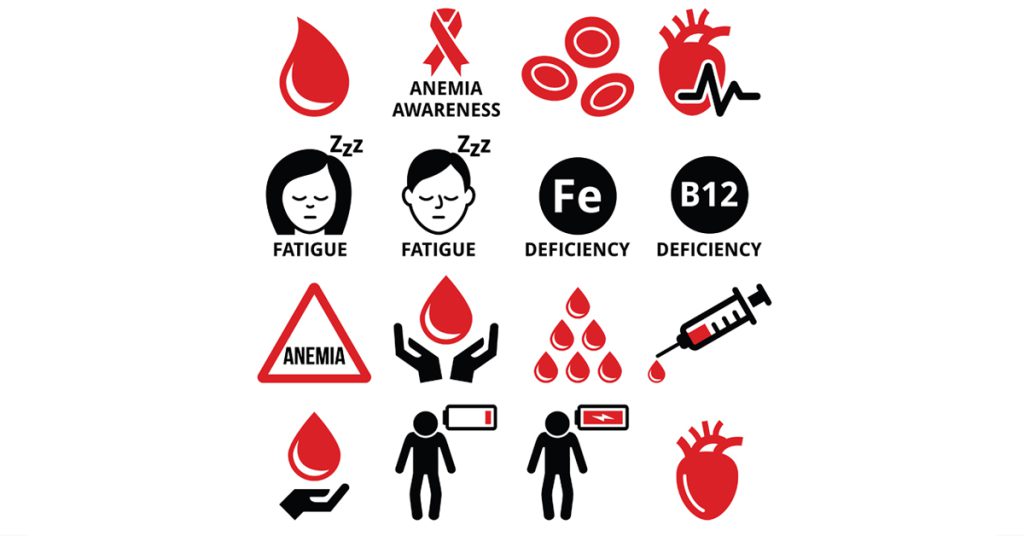

‘MCH’? Hearing it for the first time? Unheard yet important, this single blood test can reveal many conditions related to hemoglobin…
MCH levels in blood? What do they really mean?
Mean corpuscular hemoglobin (MCH) refers to the average quantity of hemoglobin (a protein) present in a single red blood cell. These values are useful in understanding the cause of anemia. They also help in classifying the types of anemia.
Variations in MCH levels are indications of:
1. Iron deficiency anemia- Iron is important for the production of hemoglobin. Hence lack of iron leads to reduced hemoglobin levels which further reduces MCH.
2. Thalassemia- This condition causes the body to make fewer RBCs and hemoglobin, thus resulting in low levels of MCH.
3. Folate and B 12 deficiency- Anemia due to folate or B12 deficiency, resulting in large oval red blood cells with a normal hemoglobin content. In both, these cases increased MCH levels in the blood are observed.
4. Celiac Disease (Improper absorption of iron)- Certain conditions damage the small intestine resulting in malabsorption of iron and other nutrients. Thereby leading to decreased hemoglobin and MCH levels.
Symptoms of low MCH are as follows:
- Shortness of breath
- Chest pain
- Increased heartbeat
- Fatigue
- Pale skin
- Headache
Managing the MCH levels:
- Iron supplements
- Intravenous iron therapy
- Vitamin supplements
Given below are a few rich sources of Iron:
- Pulses and beans
- Dates
- Brown rice
- Tofu
- Beetroot
- Lean red meat, turkey and chicken
- Fish- Such as mackerel, sardines, salmon and pilchards
- Nuts
- Leafy green vegetables- such as spinach, watercress and broccoli
- Dry fruit- in particular apricots, raisins and prunes.
MCH is an important parameter in blood and any variations in them could indicate a range of conditions. Understanding the cause of variation is necessary to decide on a treatment method.